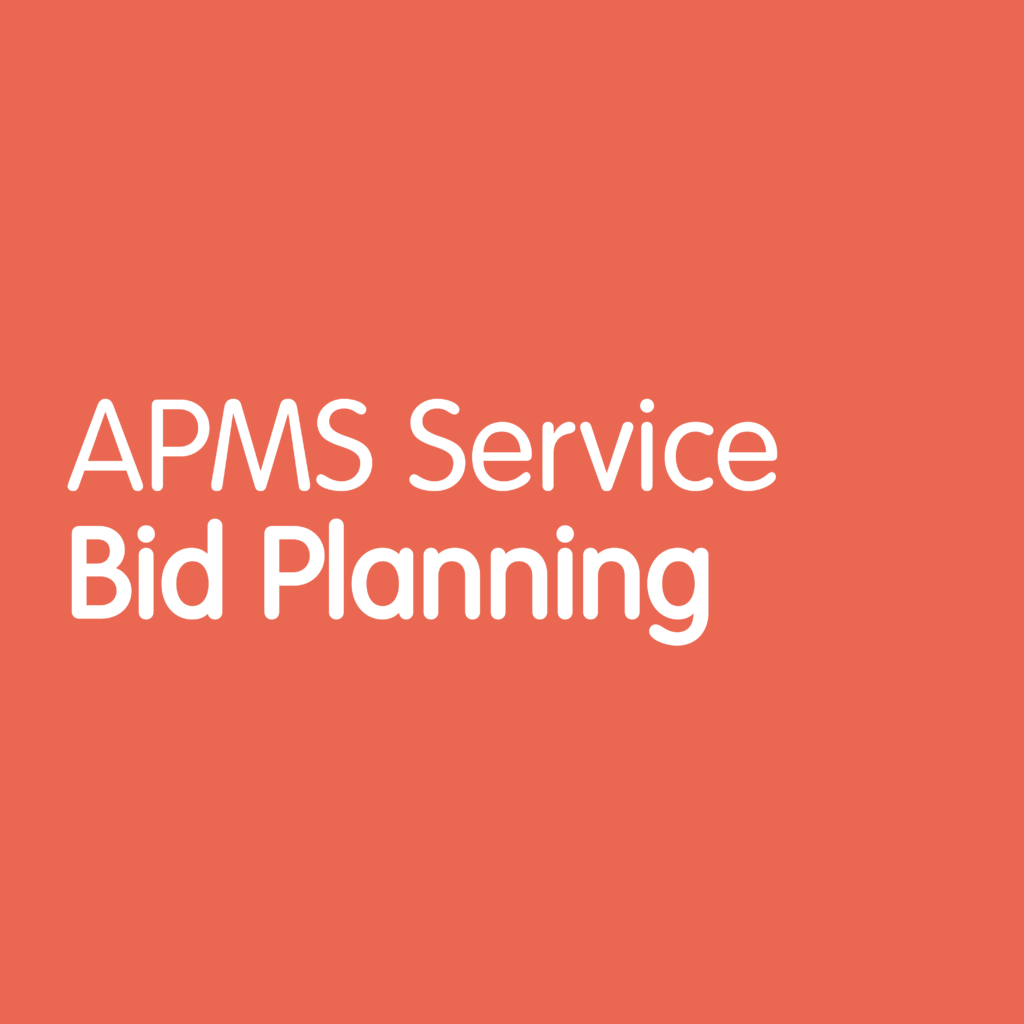Getting SMEs involved in public procurement
The annual combined turnover of UK Small and Medium Sized Enterprises (SMEs) was over £1.8 trillion in 2016. Governments in recent years have committed more and more funding to them, since it is clear they are key to economic growth.
Following on from a previous blog (‘A Bidding Guide for Small Businesses’, 10/04/17), we want to discuss how else SMEs can get involved in public procurement. Framework agreements represent around 45% of procurements in the UK, and they are increasingly valuable for SMEs.
How do framework agreements work?
Before you can decide whether bidding on a framework agreement would be right for your SME, you need to know how they work.
Framework agreements establish the basic terms of a contract, such as price and service standards, between public bodies and suppliers for a set period of time, but do not specify the number of orders. They tend to be used when there is an identified ongoing need for something, but where volumes are not fixed.
Once on a framework, you have an agreement with a provider. They can issue individual contracts (called ‘call offs’) at any time during the framework agreement. If there are numerous providers on a framework, call offs are made in the following ways:
1. Where terms laid out in the framework agreement are detailed as such that the buyer would be the best supplier for that requirement, and can be selected without another tendering process.
2. If the terms are not detailed as such that it is clear which buyer would be best for that requirement, a mini-competition may be held, in which all of those on the framework agreement can compete.
Therefore, framework agreements do not guarantee work. For buyers this can be very frustrating, especially as providers may decide to never conduct a call off. In addition, there may be a high number of buyers in the framework agreement, potentially making it less likely for buyers to participate, even if there is a call off.
So, why bother?
Market intelligence
Having access to contract award notices can give vital information in advance of a new framework being published.
Those part of a framework will gain access to information about other suppliers, and potential competitors, too.
As an SME, the door is always open to be a sub-contractor with other, larger buyers, and so gives you more of a chance to get into lots of different projects to which you would not otherwise have been exposed.
Partnering
Although we’ve touched on it briefly in the previous heading, partnerships with other suppliers and buyers is of the utmost importance to growing SMEs.
As framework agreements last for years at a time, it is ample opportunity to engage in long-term relationships with buyers, some of whom will be able to support continuous improvement in your business. This makes it more likely buyers will do business with you in the future.
Lots
It is not always the case, but framework agreements can be large. Regulations suggest to providers that tenders should be broken down into lots where applicable, and that is what we often see in general bidding, not just framework agreements. This is excellent news for SMEs as it means those larger contracts that would previously have been out of reach for SMEs are now accessible because they are broken down into smaller lots.
For example, lots could be geographical or separated by service type.
For contracts broken down into lots, it is the regulation that the Commissioner can only ask that the potential provider has twice the turnover of the lot in which they are bidding, rather than twice the total contract value. This ensures fewer SMEs are priced out of opportunities due to turnover requirements.
There are ample opportunities for SMEs to get involved in public procurement, especially on framework agreements. They save resources spent on repeated bids, but also provide SMEs with a number of benefits. You can search for framework agreement opportunities online at Tenders Direct or Contracts Finder.







